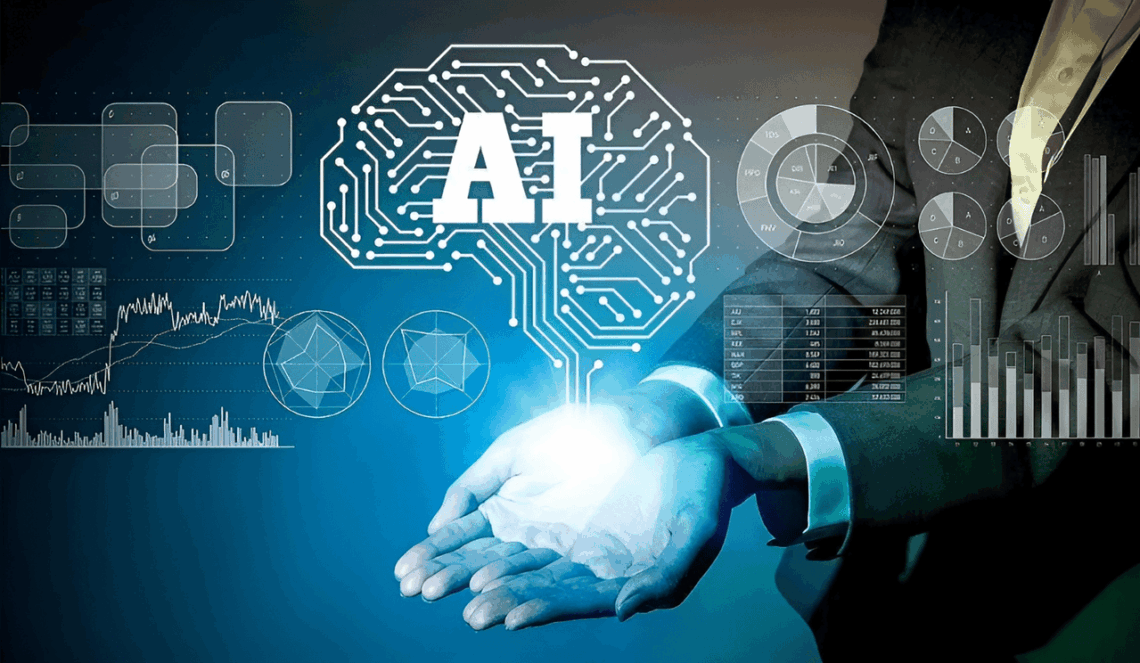What Is AI (Artificial Intelligence): Definition, Advantages, and Disadvantages
In today’s rapidly advancing digital era, the term AI (Artificial Intelligence) has become one of the most talked-about topics across various industries. From smartphones to automated manufacturing, AI is transforming how humans work, interact, and make decisions. But what exactly is AI, and why is it considered such an important technology?
Definition of AI
Artificial Intelligence (AI) refers to a technology that enables computers or digital systems to imitate human intelligence. With AI, machines can learn from experience, recognize patterns, make decisions, and solve complex problems independently. Examples of AI applications include virtual assistants, recommendation systems, and self-driving cars.
Advantages of AI
AI offers numerous benefits that make it increasingly valuable in many sectors:
1. Fast and Accurate Data Analysis
AI can process and analyze vast amounts of data in a very short time. This helps organizations make data-driven and strategic decisions with higher accuracy.
2. High Efficiency and Productivity
Through automation, AI performs repetitive tasks quickly and precisely. As a result, businesses can save time, reduce operational costs, and increase productivity.
3. Self-Learning Capability (Machine Learning)
AI systems continuously improve as they learn from new data. Over time, this allows them to enhance performance and accuracy without needing to be reprogrammed.
4. Objective Decision-Making
Unlike humans who may be influenced by emotions or bias, AI processes information logically and objectively, helping minimize human error in decision-making.
Disadvantages of AI
Despite its many advantages, AI also presents several challenges that must be addressed:
1. Dependence on Data
AI’s performance heavily relies on the quality of data it is trained on. If the data is biased or inaccurate, the system may produce unfair or incorrect results.
2. Limited Contextual Understanding
AI still struggles to interpret complex human contexts, such as sarcasm, emotions, or cultural nuances, which can lead to miscommunication.
3. Security and Privacy Risks
Because AI relies on large volumes of data, there’s always a potential risk of data breaches or misuse, especially when security measures are inadequate.
4. Job Displacement
The automation capabilities of AI may replace certain human roles, particularly repetitive or administrative jobs, potentially leading to shifts in the job market.
Conclusion
AI is one of the most influential innovations in modern technology. Its ability to analyze data, learn independently, and enhance efficiency makes it a powerful tool for progress across industries. However, as we embrace AI, it’s crucial to ensure that its use is ethical, well-regulated, and balanced, so the benefits can be maximized without negatively impacting human society.

